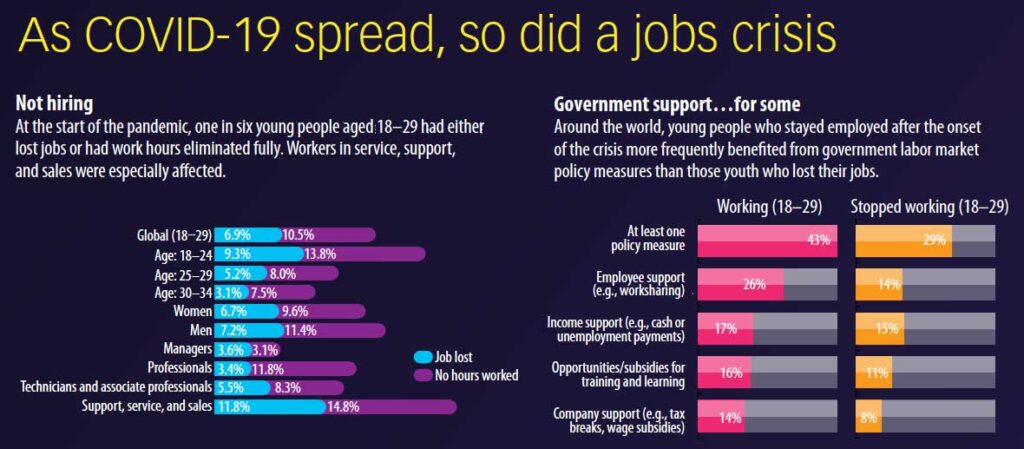Welcome to an insightful exploration into the psychological impact of global pandemics on young adults. This article delves into how young adults face unique challenges during such crises, exploring emotional responses, behavioral changes, and effective coping mechanisms. Join us as we unravel what support systems are available, what constitutes an adaptive coping strategy, and how young adults can harness these tools to manage their mental health effectively.
The Psychological Landscape for Young Adults During Pandemics
Pandemics can disrupt the lives of young adults significantly, impacting their mental health due to unique developmental and social challenges at this life stage. But what exactly makes young adults particularly vulnerable during such times?
Unique Stressors Faced by Young Adults
Young adults are in a phase of life characterized by the pursuit of independence, establishing careers, and forming close personal relationships. Pandemics can disrupt education, job stability, and social interactions, leading to increased stress and anxiety. But how do young adults perceive these stressors, and what immediate effects do these pressures have on their mental health?

Immediate Effects of Pandemic Stress on Young Adults
When faced with a pandemic, young adults might experience a swift increase in stress, which can manifest as anxiety and depression. But what causes these feelings, and how do young adults’ behaviors change in response?
Understanding Anxiety and Depression Increases
The fear of infection, uncertainty about the future, and economic instability are prime factors contributing to heightened anxiety and depression. Recognizing these sources of stress helps in targeting them through specific mental health interventions. How then can young adults adjust their behaviors to manage these increased stresses?
Behavioral Adjustments in Response to Pandemics
Changes in daily routines, such as shifts in sleeping patterns or physical activity levels, are common. Young adults might find themselves sleeping more or less than usual, or turning to substances like alcohol as a coping mechanism. But is altering behavior sufficient to manage stress, or are there more structured strategies to cope?

Building Long-Term Resilience
Addressing immediate reactions is crucial, yet understanding and fostering long-term resilience against ongoing stress is equally important. What constitutes long-term psychological impact, and how can resilience be cultivated in young adults?
Challenges and Opportunities for Lasting Resilience
Extended exposure to pandemic-related stressors can lead to persistent anxiety or even trauma. However, effectively navigating these stressors can also build resilience, equipping young adults with skills to handle future challenges better. But what specific strategies aid in developing such resilience?
Coping Mechanisms and Support Systems Explained
Knowing about and using effective coping mechanisms and robust support systems are vital in mitigating the psychological impact on young adults.
What Are Support Systems and How Do They Help?
Support systems consist of relationships and resources that provide emotional, informational, and practical assistance. These might include family, friends, mental health professionals, or community resources.
How can young adults access these systems, and what role does each component play in their mental health?
Identifying and Implementing Adaptive Coping Strategies
Adaptive coping strategies are constructive methods that individuals use to manage stressful situations. Techniques like mindfulness, exercise, and maintaining a structured daily routine are all examples.
How can young adults learn these strategies, and what steps can they take to integrate them into their lives?

The Role of Social Support
Understanding the role of social support is crucial in psychological resilience. Is social support limited to family and friends, or does it extend further?
Expanding the Definition of Social Support
While family and friends are core components of social support, this concept also includes support from peers, mentors, online communities, and professional services. How can young adults strengthen their social support networks, and what benefits do these networks provide during times of crisis?
Concluding Thoughts: The Psychological Impact of Global Pandemics
By understanding the psychological impacts of pandemics and utilizing effective coping and support strategies, young adults can navigate these challenging times with greater resilience and mental health stability. This exploration aims not just to inform but to empower young adults with the knowledge and tools to manage their mental health proactively during and beyond global health crises.


